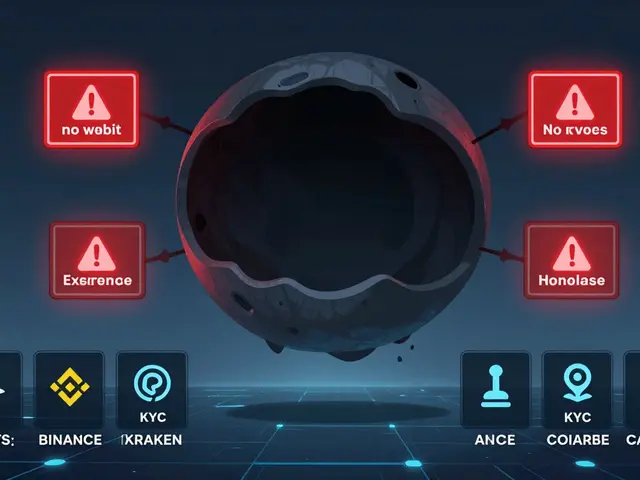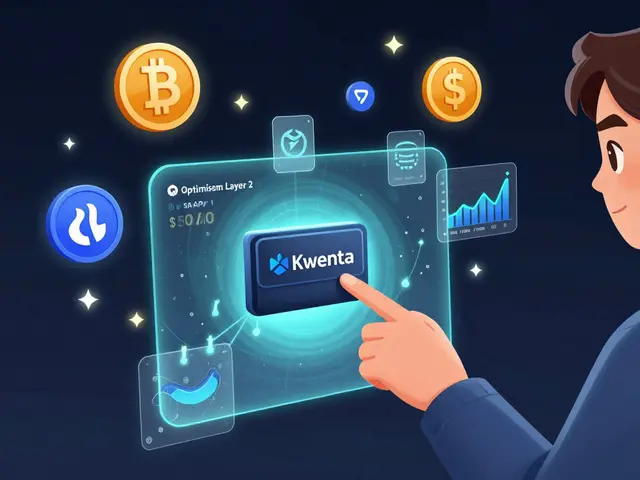Blockchain Storage: What It Is and Why It Matters
When talking about blockchain storage, a method of keeping data on a tamper‑proof, decentralized ledger instead of a single server. Also known as decentralized data storage, it lets anyone write or read records without relying on a trusted middleman. This core idea connects directly to Merkle tree, a hash‑based structure that bundles data blocks into a single root hash for easy verification and to distributed ledger, the broader network that records transactions across many nodes. Together they form the backbone of modern decentralized storage, systems like IPFS or Filecoin that let files live across a peer‑to‑peer network.
Key Concepts Behind Blockchain Storage
First, security comes from cryptographic hashing. Each piece of data is turned into a hash; changing even a single byte alters the hash completely. Merkle trees take those hashes, pair them up, and hash the pairs again, building a pyramid that ends in a single Merkle root. Anyone can prove a file’s integrity by presenting a short proof path from the leaf node to the root, meaning you don’t need to download the whole file to verify it. This efficiency is why blockchain storage is popular for large‑scale data like energy usage logs or supply‑chain records.
Second, distributed ledger technology spreads copies of the data across many participants. When a new block arrives, each node checks the cryptographic proofs, then adds the block to its own chain. Because every node holds the same history, tampering with a single copy is useless – you’d have to rewrite the entire network’s history, which is computationally infeasible. This property gives blockchain storage the "once written, never altered" guarantee that traditional databases can’t match.
Third, smart contracts often act as the interface between users and storage. A contract can lock a file’s hash, enforce payment for retrieval, or automatically archive data after a certain period. In practice, developers store the heavy file off‑chain (e.g., on IPFS) and only keep the hash on‑chain, blending privacy, speed, and cost‑effectiveness.
Real‑world examples illustrate these ideas. Energy utilities are experimenting with blockchain storage to record meter readings, enabling transparent peer‑to‑peer energy trading. Supply‑chain firms embed product IDs into Merkle proofs, letting retailers verify a product’s origin without contacting the original manufacturer. Even artists use decentralized storage to archive digital artwork, guaranteeing provenance forever.
When you pick a blockchain storage solution, consider three practical attributes: scalability, cost, and ecosystem support. Scalability relates to how many transactions per second the underlying ledger can handle – Solana, for instance, offers high throughput, while older chains may bottleneck. Cost covers both on‑chain fees for storing hashes and off‑chain storage charges. Finally, ecosystem support means the availability of tools, libraries, and community help; mature ecosystems like Ethereum and Filecoin provide extensive SDKs and tutorials.
Because the landscape evolves fast, staying updated matters. New protocols like Arweave promise permanent, low‑cost storage by charging a one‑time fee and relying on a profit‑sharing community. Others, such as Storj, blend encryption with a marketplace of unused hard‑drive space. Each brings its own trade‑offs, so a quick audit of your data needs – size, retrieval frequency, privacy – will guide you to the right choice.
Below you’ll find a curated collection of articles that dig deeper into these topics. From detailed Merkle tree walkthroughs to case studies on blockchain energy data management, the posts cover both theory and hands‑on guides. Dive in to see how blockchain storage can fit into your own projects, whether you’re a trader tracking market data or a developer building the next decentralized app.
Explore how decentralized storage improves security, cuts costs, and gives you full control over your data with real‑world examples and a clear comparison to traditional cloud services.



 Finance
Finance




